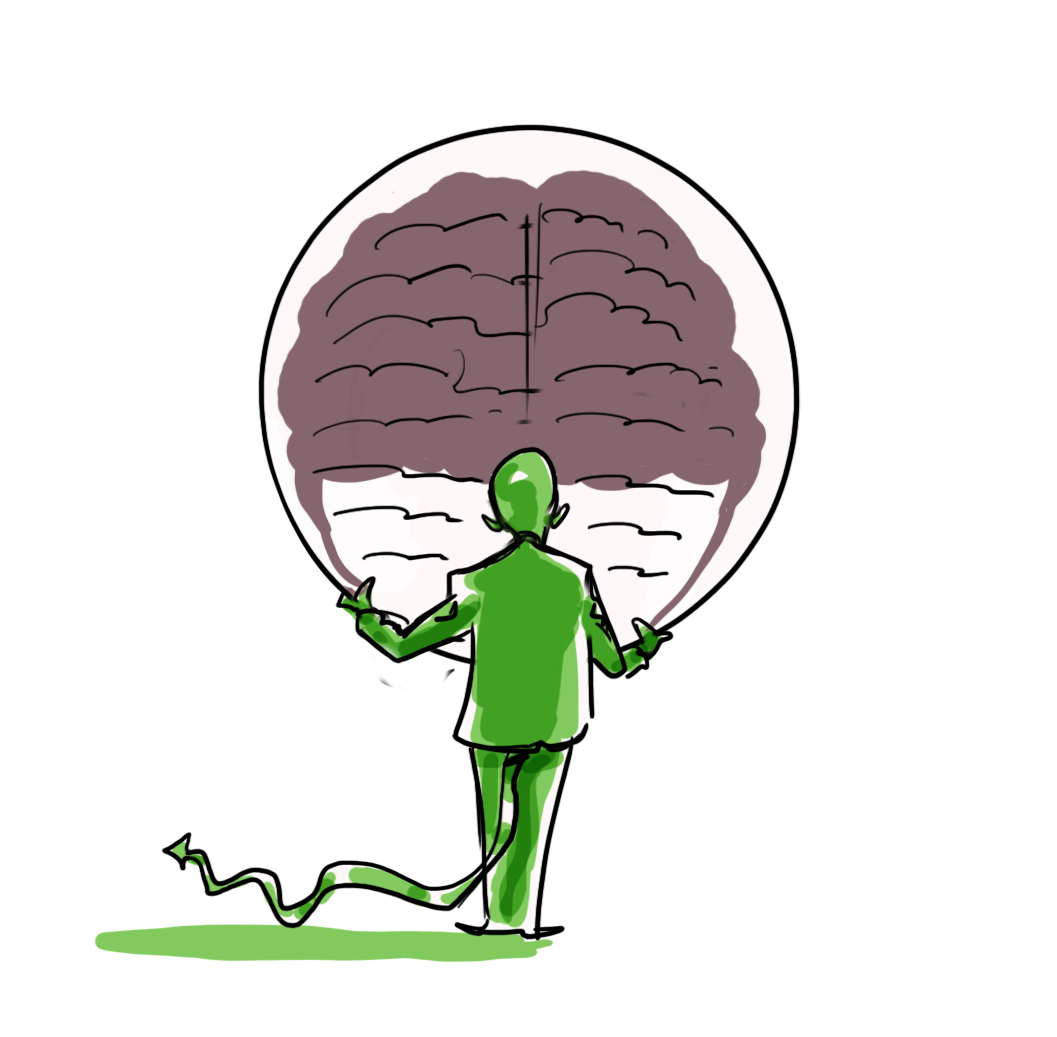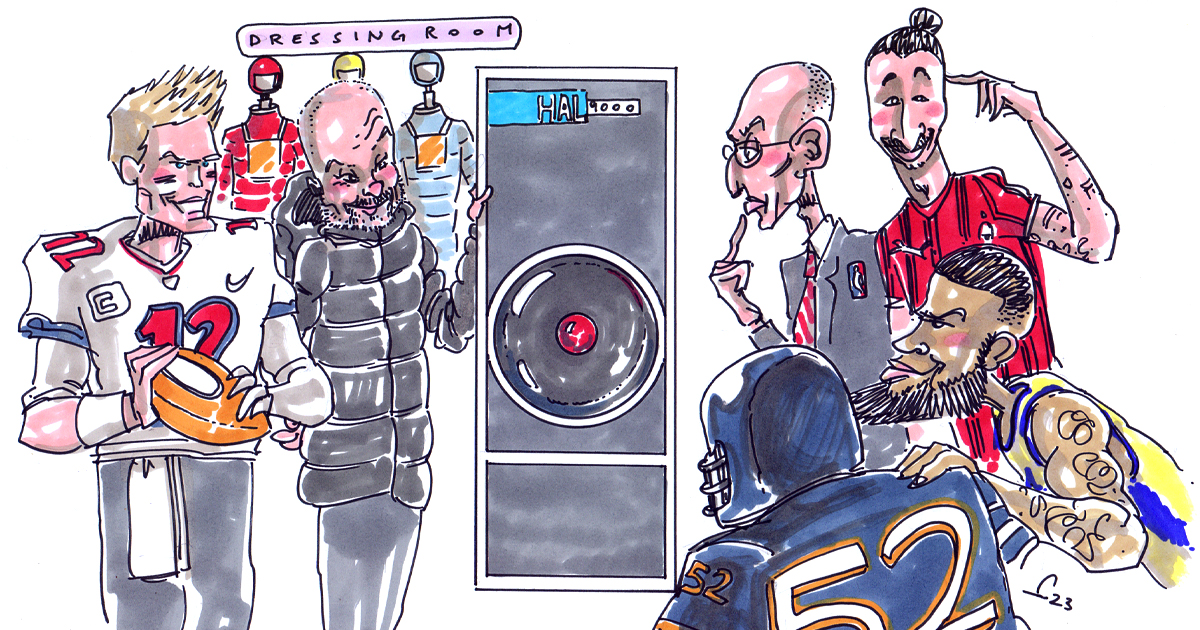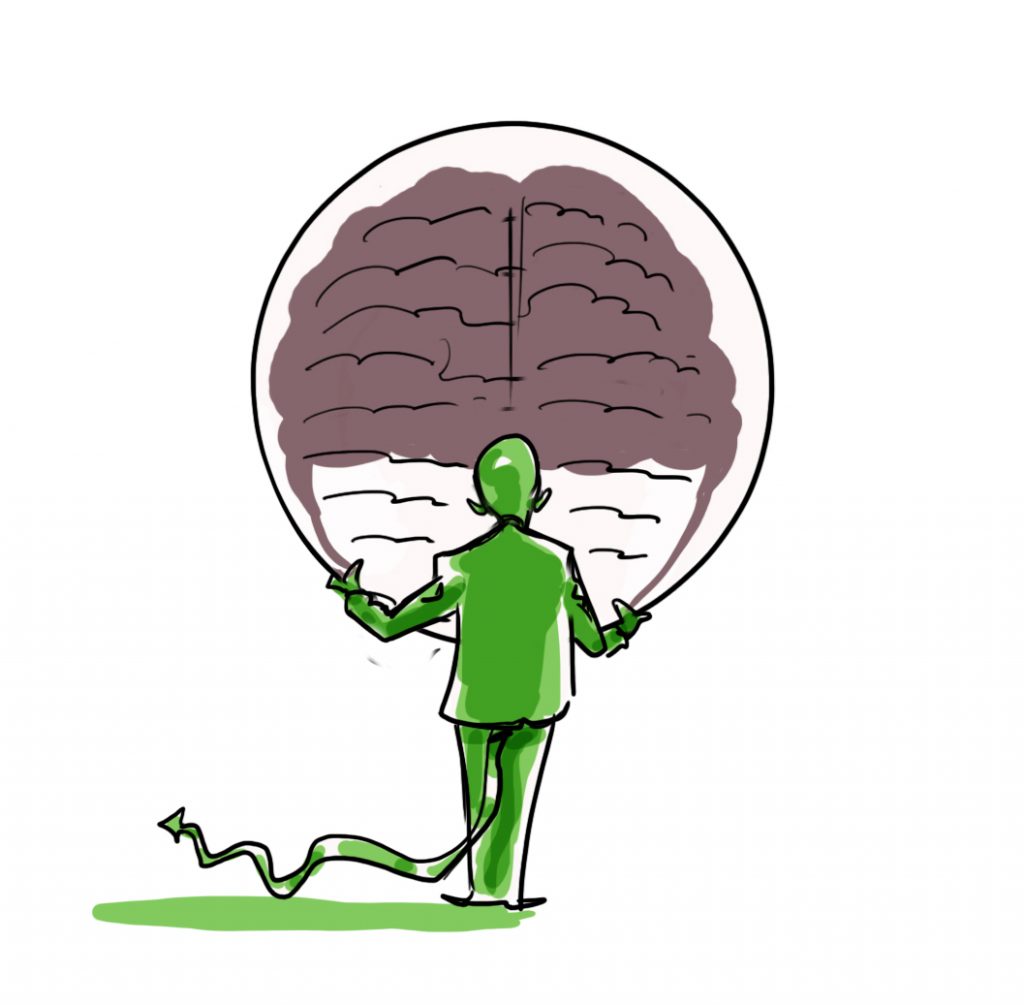In my adult life, if I reflect back on 40 years of career, I think I have seen four big moments of total disruption. Only 4.
The introduction of the personal computer (PC) with the Wintel duopoly, the arrival of the Internet, the invention of the i-Phone and now, machine-learning, AI.
The last of these has, to my inexpert eye, reached an escape velocity in the last six months. With the debut of ChatGPT3 as its Ed Sullivan moment.
I can personally attest to artists and creators of some name being more than blown away. People not that easily impressed. It is always the case that the artists see change before the rest of us.
Here is David Bowie on the internet at its dawn.
Bang on! Look at the body language of Paxman, not a stupid guy. He doesn’t get it. Today, look at Ryan Reynolds on ChatGPT.
Ryan knows… and he gets all modern content and entertainment, as a true visionary. They’ll agree in Wrexham.
Scepticism is always good,
especially in the current era of the charlatan.
And, we have heard about AI before, most famously a full generation ago, when Gary Kasparov lost to the AI computer Deep Blue in 1997. It has been in the ether as a concept for twenty years.
Albachiara invested in ZONE7, a neural deep learning AI company in sporttech, a few years ago. This article should be read in that context. I’m a believer and an investor in this trend. Discount my opinions for cognitive bias.
Many will think it’s a fad, not yet ready, a theoretical exercise in future gazing, like another such heralded recent disruption: fusion energy.
I don’t. My kids don’t. Google is on code Red. Microsoft is looking to buy and integrate.
What we have seen with ChatGPT has taken us all aback. It can write books, role play historic figures in conversation, write lyrics, perform pretty advanced business analysis and research. And so on.
Colleagues in our subsidiary company in the music industry, Think Louder, believe that AI will be able to compose very credible sounds-like hit records. That will utterly overwhelm the algorithms of Spotify. Have a read here.
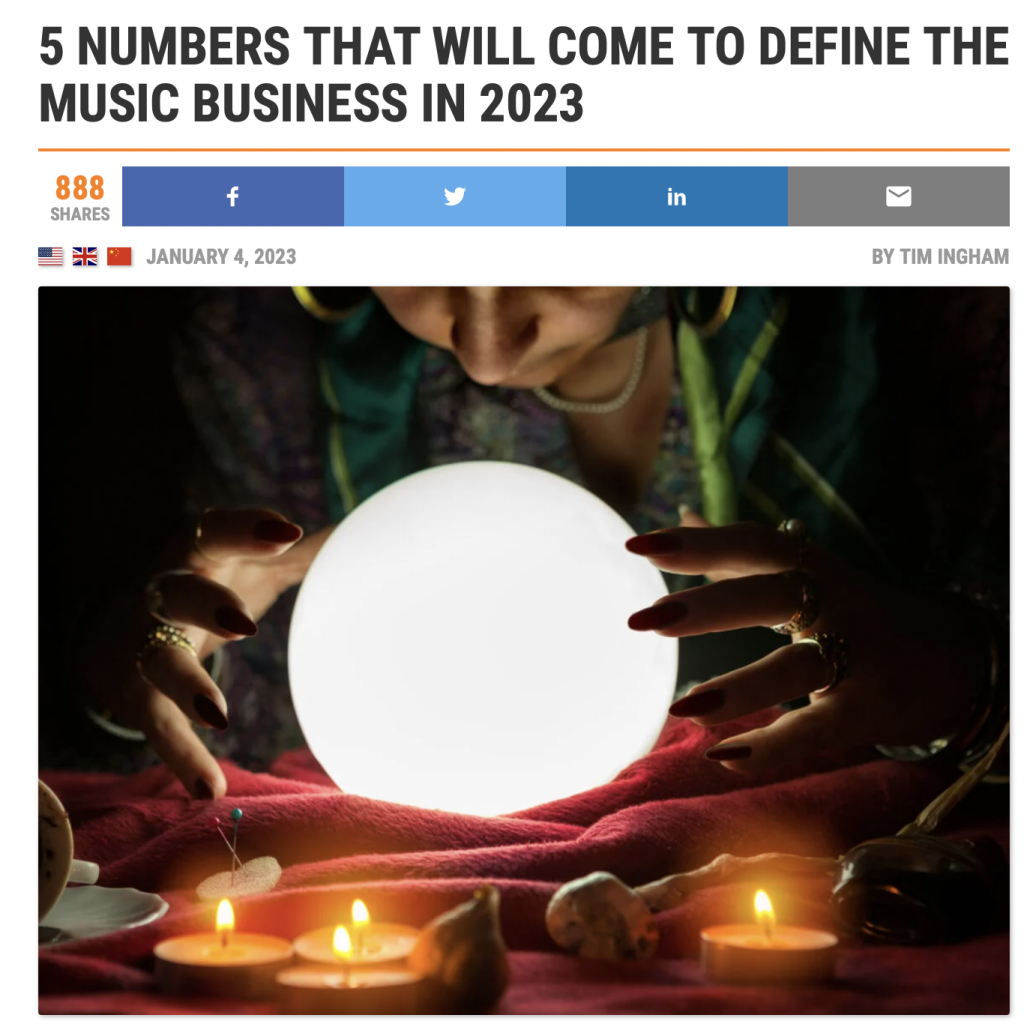
It seems very little is beyond the reach of ChatGPT. And yet, the frightening thing is that it has only started. This thread shows where this is going very soon.
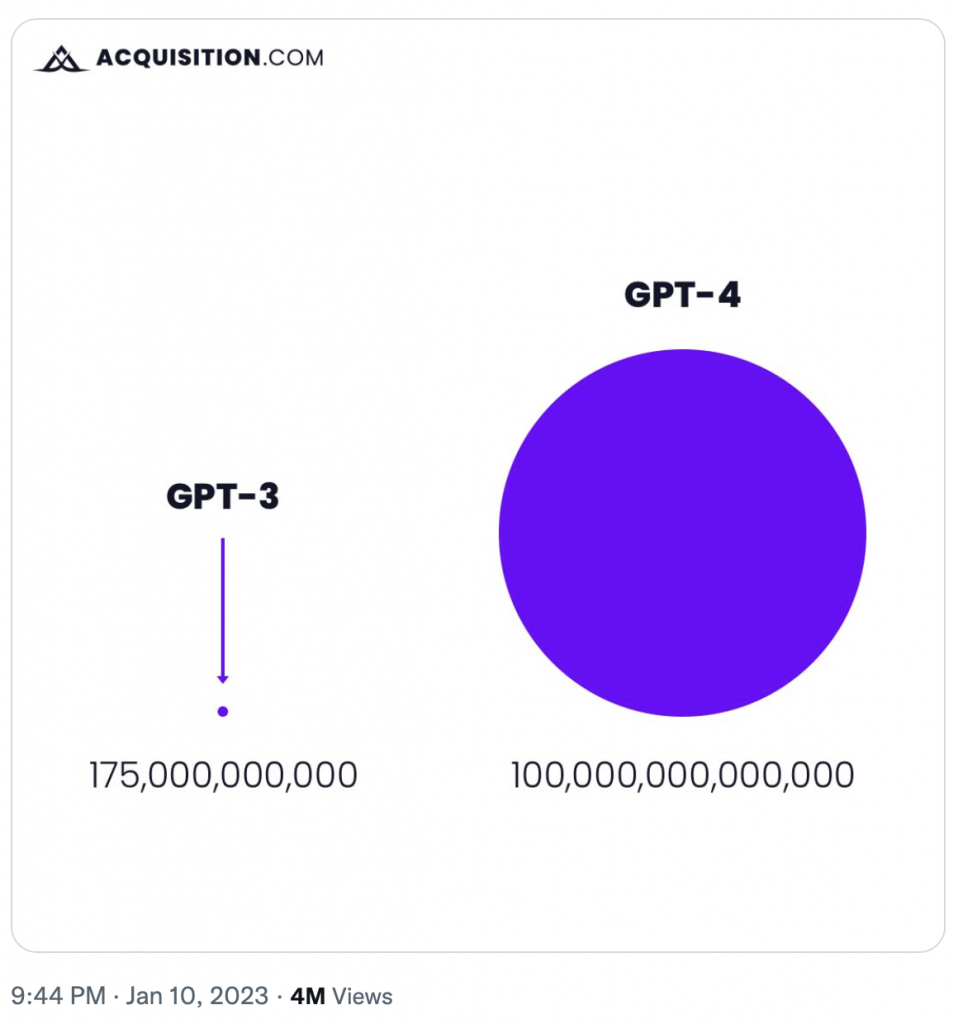
I believe 100% this is the fourth big disruptor of my lifetime.
There is still space for all the “yes, buts” you want. Futurology for business, or investment trends, however, isn’t about a pro/con sheet; it is about a direction of travel. I think I see it. Especially in the world of content and entertainment.
In my opinion, factual knowledge transfer, news reporting, analysis and insight, journalism and updates, can all be done adequately well by AI already. Breaking news and hard data transfer doesn’t need to be perfect. It needs to be timely, and your base from which to polish. Open AI is that in spades.
Wanna know why the biggest software company is today bidding for ChatGPT at huge valuations? Want an explanation of that breaking news story?
The AI can now do that for me. I don’t need to read endless articles and newsletters, podcasts, blogs. Or do a Google search.
I just ask the AI machine for a summary.
This, I think, will kill most of the current trade industry media output. And all commodity me-too content. All the editorial teams. I really do.
This market in sport biz was already oversaturated in a content glut. Add this in, and I’d be very worried if I was paying my mortgage on writing industry reports, newsletters, and updates.
A media business just won’t need you,
unless you have something else.
What can that be?
Your network that can land sponsors? For sure. Because that will always earn you a salary.
I’m talking about what the machine doesn’t yet have editorially. I call it education via entertainment and charisma. AreYouNotEntertained?
The Swiss in Ticino, and the Italians, both speak Italian; both live in pretty much the same part of the world. The Swiss are precise, serious, and competent. Italy, despite being often the opposite, is where people want to live. There is a premium on “joy”. That’s the secret.
Emotional product/market fit.
AI can’t replace personality, and it can’t replace the drawing power of celebrity. Humour. The X Factor.
I believe content, whether that be sport, music, movies/TV, journalism, etc., will react to the arrival of all this AI functionality by an even faster rush into polarisation. Yes to Rogan, no to solemn and serious industry commentator.
The star quality will become even more powerful, increased leverage as to their worth. In many ways, AI will merely empower them. In the clip above, Ryan Reynolds still needs to read it for the ad to work. If I read it, it’s rubbish.
The rest of us will therefore struggle to justify to others why our work can’t be done just as well by the machine. I think that is exactly what’s happening in the Goldman Sachs’s layoffs this week. In analyst departments for sure.
The investment banks are the coldest of the lot in viewing human added value. I think they already know that they can now save a lot of salary on banal research and analysis.
I have been very fortunate to see all this coming, in recent years, at Zone7. The epiphanies:
The machine learns by itself.
Improves itself.
Is not a static programme.
The more data it can ingest, the better it is and the quicker it learns.
The data lake is the asset, and the moat.
AI is at its best when empowering a human.
Especially in the creative industries like sport, art, and knowledge transfer.
It’s a superpower, not a substitute.
All this attracted me. Especially when linked to this trend of polarisation to the star athlete.
If it’s all about Messi and LeBron, is the industry doing enough to keep them on the field?
Can AI help that?
Yes it can.
Who can do that really, apart from Tal and Eyal? No one. Zone7 has too big a data lake advantage. And real science chops.
I did my DD. Like this podcast from MIT Sloan. About how commercial sports revenues were impacted by whether “star players” played a particular game. Ie: if they were injured or rested, the values of tickets for that game in the secondary market fell. How TV ratings fell. 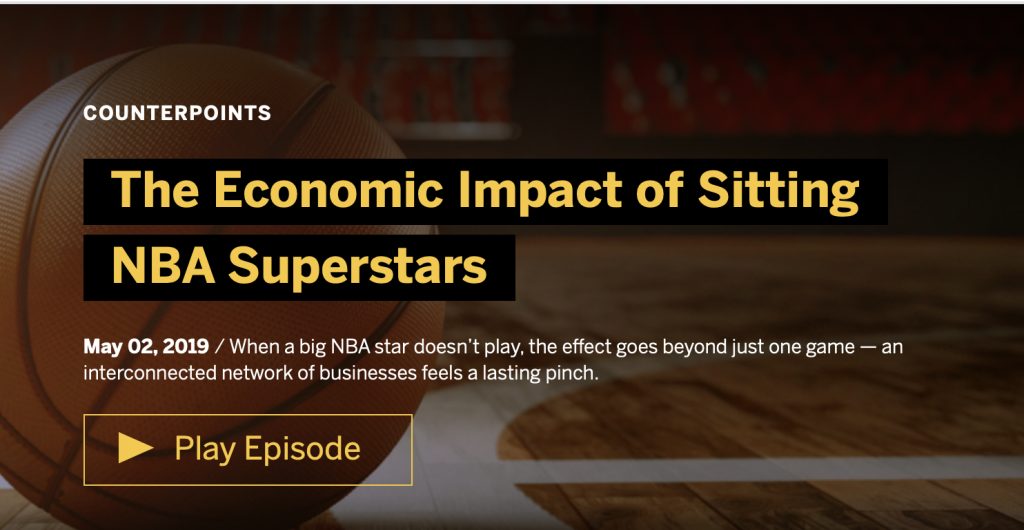
This was 3 years ago. And it was then that the whole “Hollywood versus commodity” thesis started to take root in my thinking about the future of sports. And how Big Finance “arbitrage” would cause enormous strains on the structures of sport.
Well, all that played just as predicted, I’d say. Look around.
This is
the entertainment industry.
Sport is a subset of it, and it all operates on star box office. Even in team sports.
The tech now allows these top stars to see exactly how they affect values, and they will ultimately grab more of that pie. This is inevitable.
And the purchasers of sports rights may start to insert clauses around the presence of those players who can ‘open a movie”. LeBron must play at least X games or I get a discount.
These type of clauses already exist in broadcast contracts. No-one is buying Scottish football rights without control over the games they want with Celtic and Rangers.
I suggest this is now going to drill down a level. To players.
And if sports top players have such an impact, surely they need better protection, more prevention against injury. More analysis from leagues around scheduling that minimises the probabilities of injuries.
AI deep learning will be used by major leagues.
At the club and franchise level in sport, I must admit, as a hard finance guy, to material frustration at the ongoing resistance to change. Let’s say it, shall we? The sports industry has a serious serious issue with change.
When I see a deal like Felix to Chelsea, on loan, for those numbers, I immediately start to calculate a cost-per-game KPI in my head. It’s a big big number. If a player is getting £300k a week, and his amortised transfer fee is on top of that, we are getting close to a per-game cost of half a million. Maybe more.
We heard in the above MIT podcast how revenues are also significantly impacted by star absence.
Sport doesn’t like change.
And yet, many clubs/franchises around the world still leave injury mitigation and risk management to the kind of personnel, processes and tech that have been around for years. It’s understandable, I get it. The macro theme that sport likes tradition; the micro reality that managers/coaches are fiercely independent in their methods and staff. They don’t like things imposed from the top, from the suits, and will dig in their heels. The Boot Room mentality rules. I get it.
However, using personnel processes and tech that hasn’t really moved on for decades isn’t going to win the argument.
You won’t see that happening in the media sector, as it comes under financial pressure. The lighting guy won’t be telling the studio head whether machine learning can make for a more efficient and economical operation on a shoot. Or that he likes the “way it has always been done”. Can you imagine?
And the numbers are now getting too big. 500k a game. The treatment table is getting very very costly. Every saved game presence, every avoided injury, is manna from heaven for the Balance Sheet.
Football,
especially when losing so much money,
needs to look at itself.
Tebas explains this here.
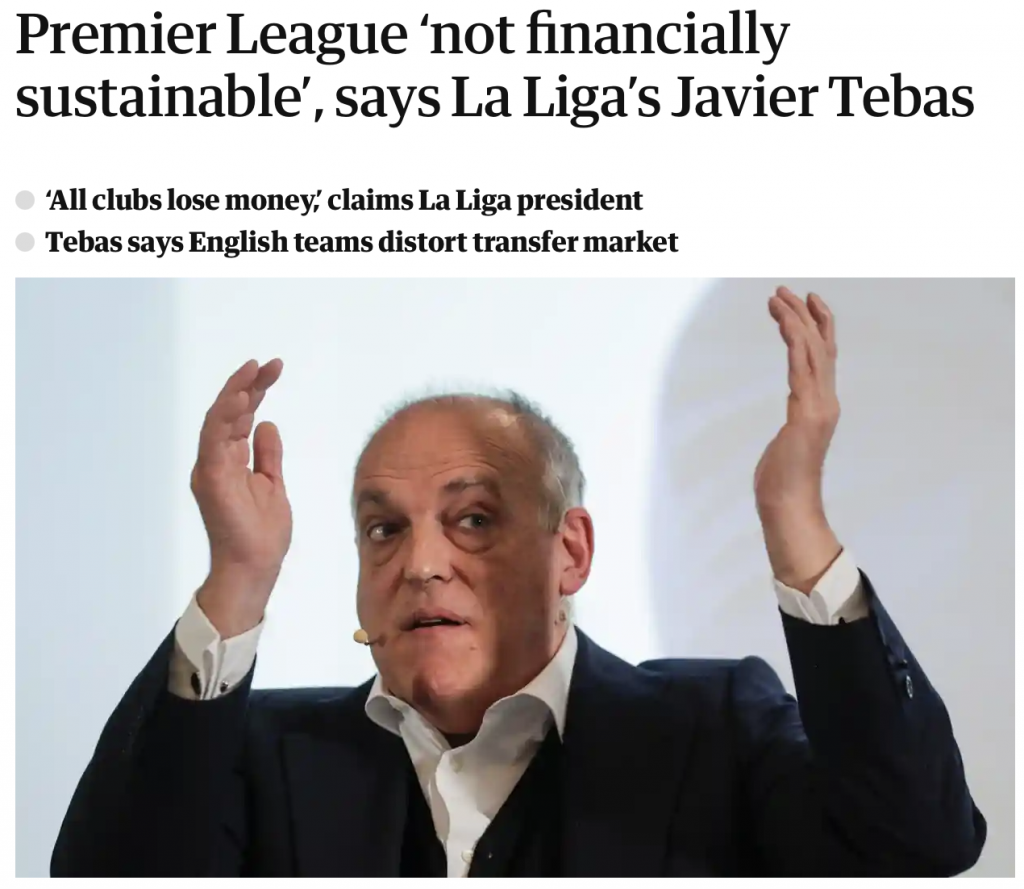
It is these areas that the game should self-interrogate, not just hoping for more subsidies, as Rick Parry requests. Address the problem; and a big part of the red ink is coming from injuries.
Dressing room people say “injuries are inevitable“. Part of the game. A tax.
I’ve never bought that.
And my hope is that the dramatic evidence of AI ChatGPT, and what it can do, will also generate new thinking in sport.
Look, it’s already happening.
We, at Zone7, observe modern ownership like Fenway, City Group and 777 driving forward in all this. Progressive leagues in the States also. They are pushing the envelope.
Remember: the revenues and performance are dependent on the top athletes. Every single effort should be made to keep them on the field at all times. And to lengthen their careers.
AI offers a real paradigm shift. This is NOT marginal gains.
AI in sport is the future. Find the companies that can do it, those with data lakes of non-public information, from which they have honed their algorithms.
If sport teams and leagues don’t do this, they will find the star players and players unions, and their lawyers, doing it for themselves. And telling their dressing room guys when they need a rest.
It’s my data, my medicinal records. And my AI is telling me that I am in a high risk zone for injury. You are my employer. I don’t think you are looking after me correctly.
Or a harsher version of this…
You played me when the AI said it was very risky. I picked up an injury, I’m missing a World Cup. You owe me damages.
All of this is coming. Leagues and clubs have a chance to get ahead of the curve. With players, and their unions. And work out protocols.
I’ll ask ChatGPT if they will grasp that opportunity!
Listen to our “Are you not entertained?” sports management podcast here.
To find out what we do in change management, have a look here.
For our C-suite management services, read here.
Hereyou can know more about our content development work.
Discover our Corporate Learning service.
Get to know more our “Sport Summit Como” yearly sports management event here.
If you are interested in our own story, check us out here.

